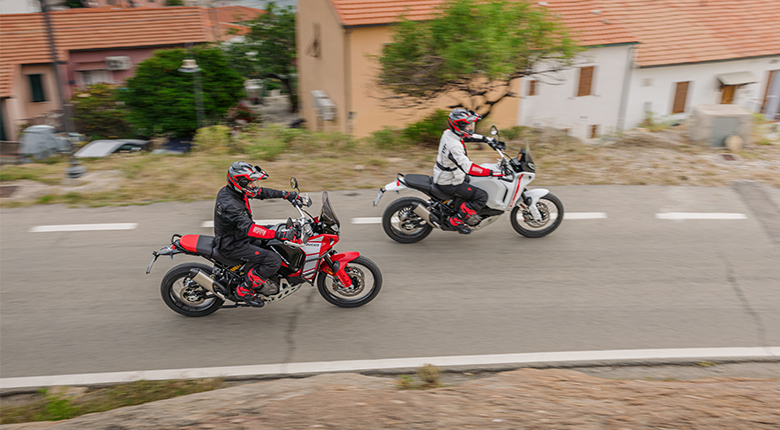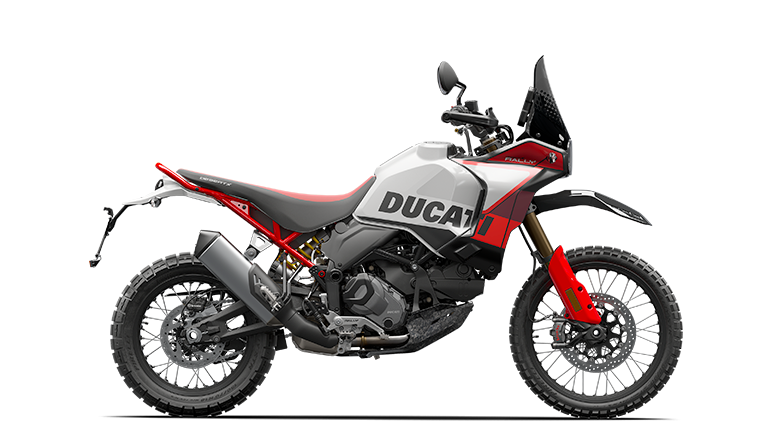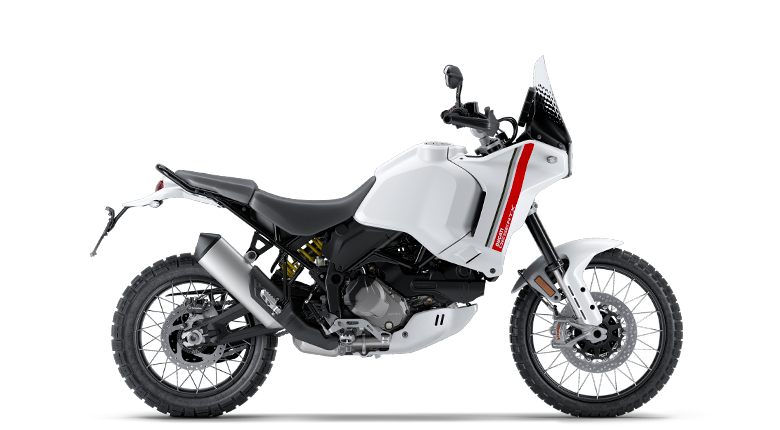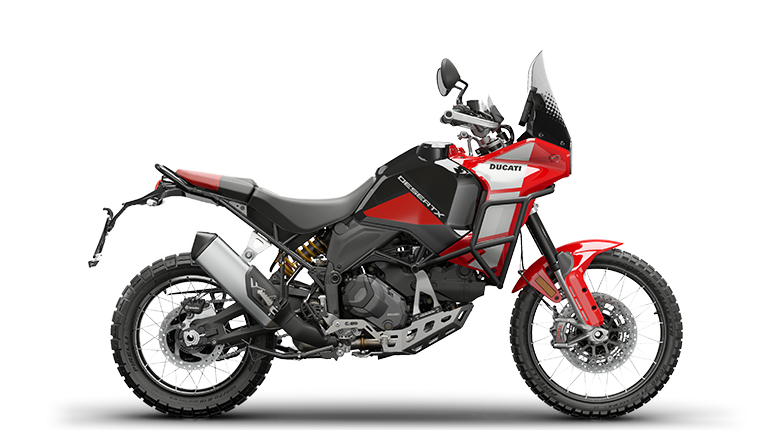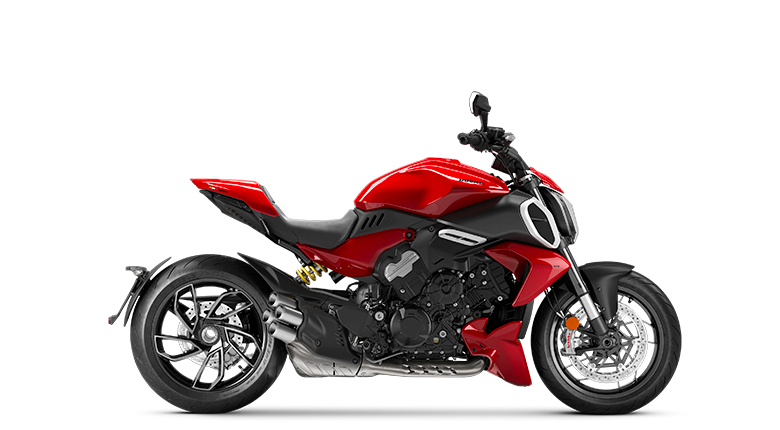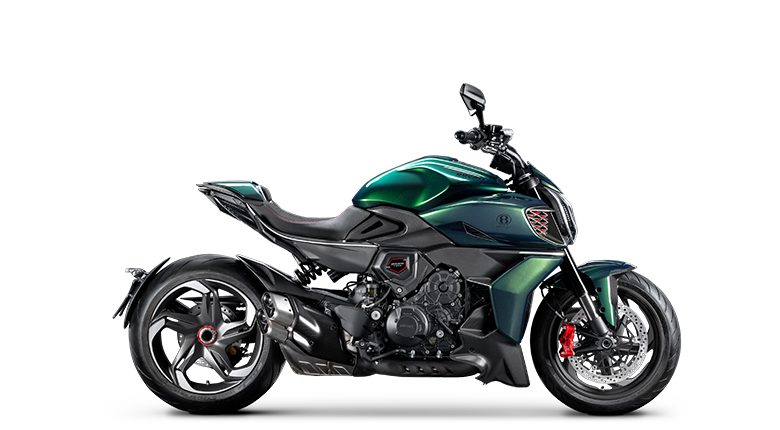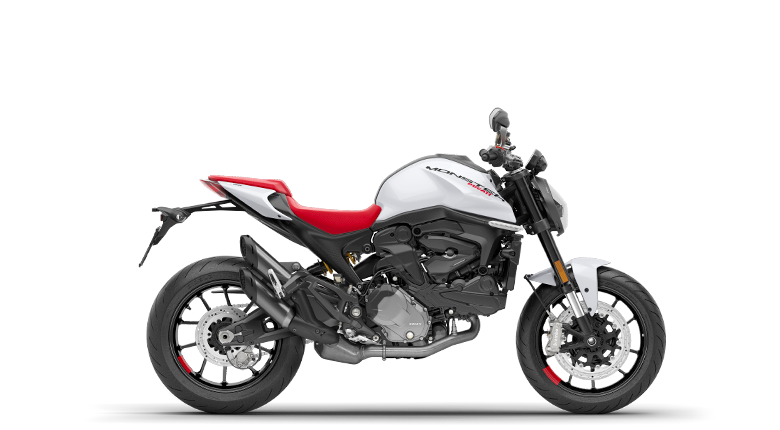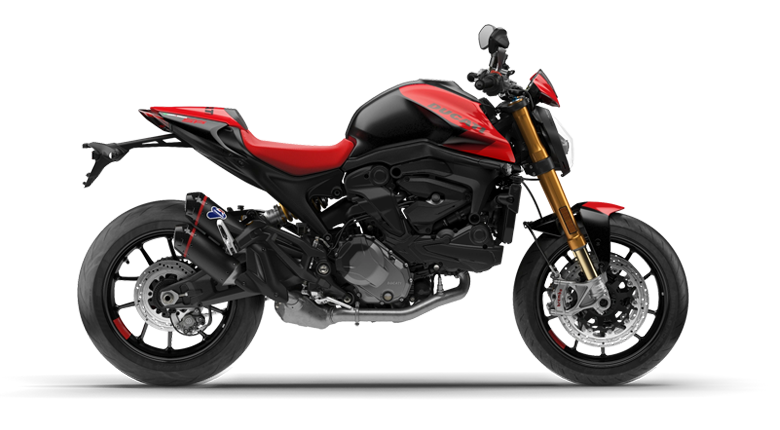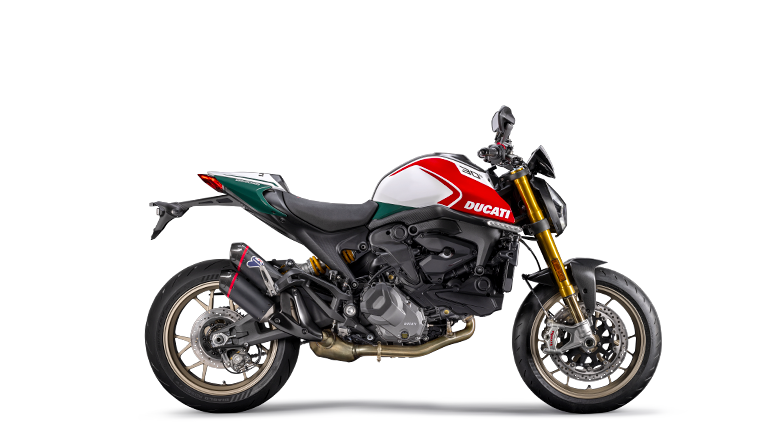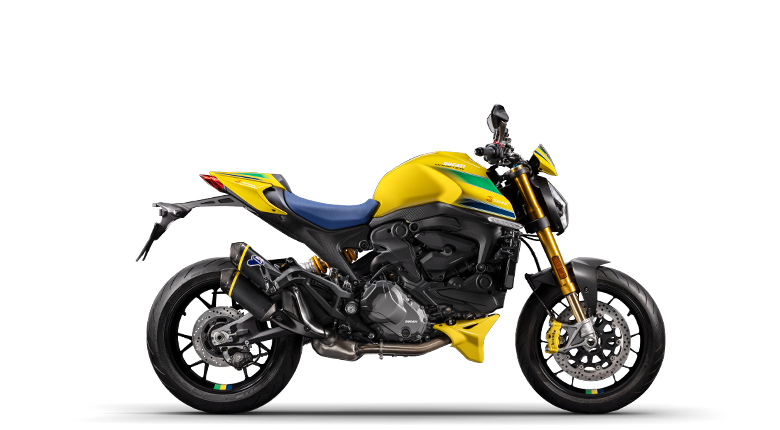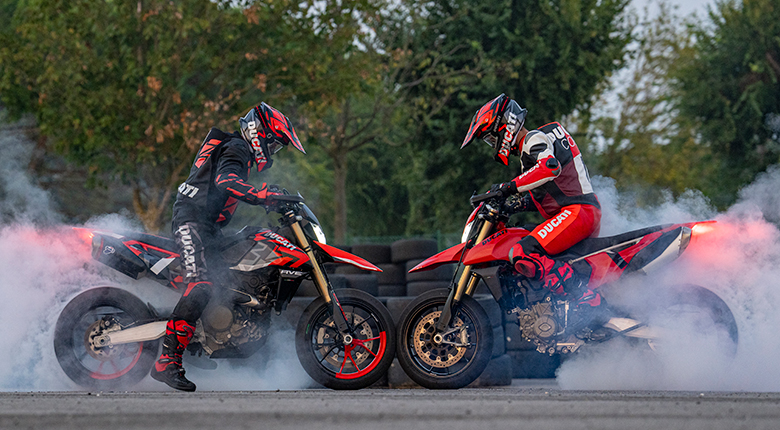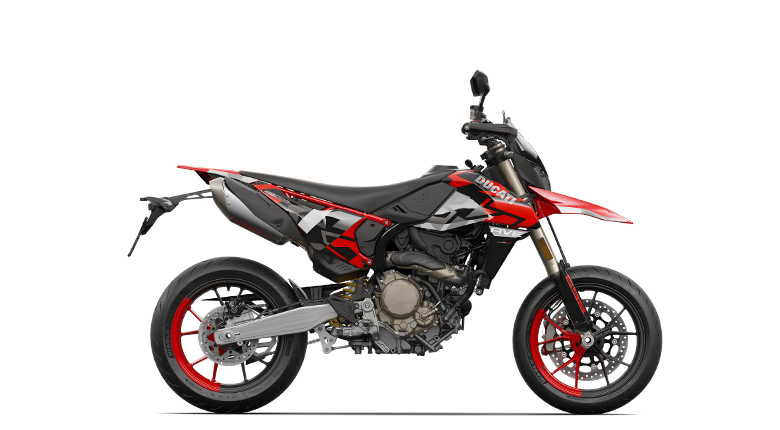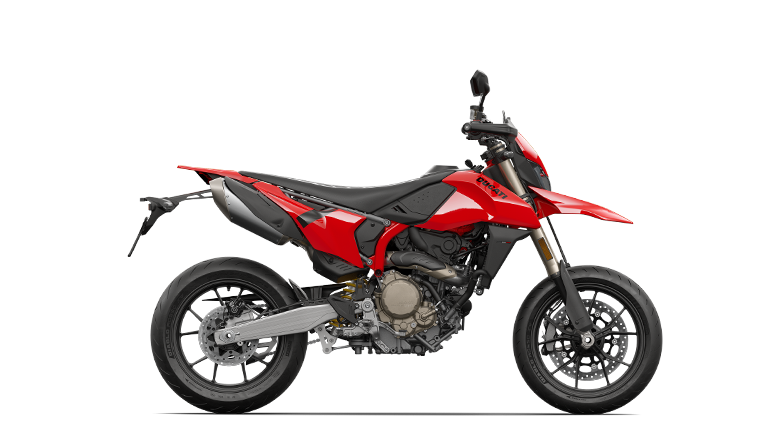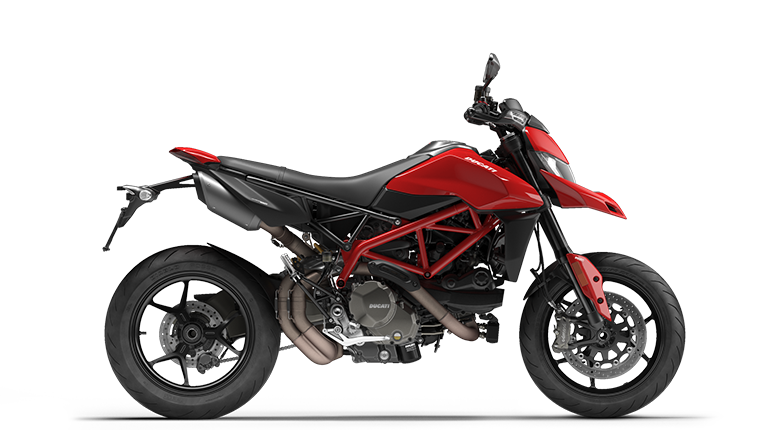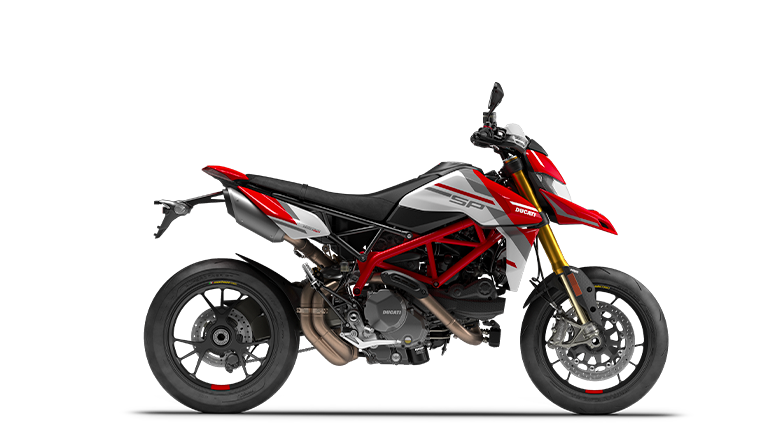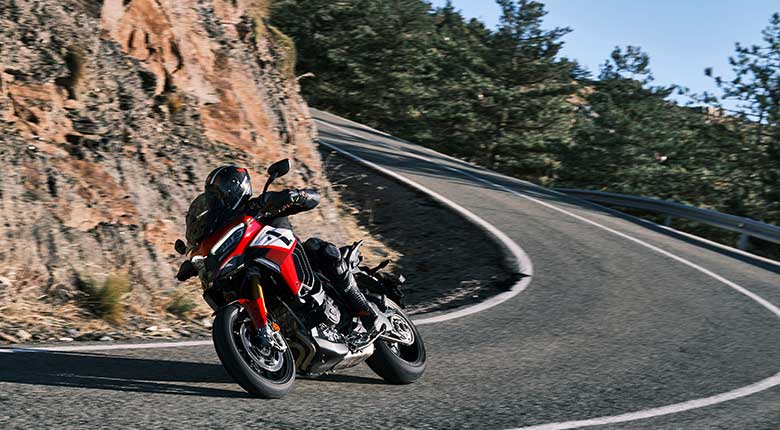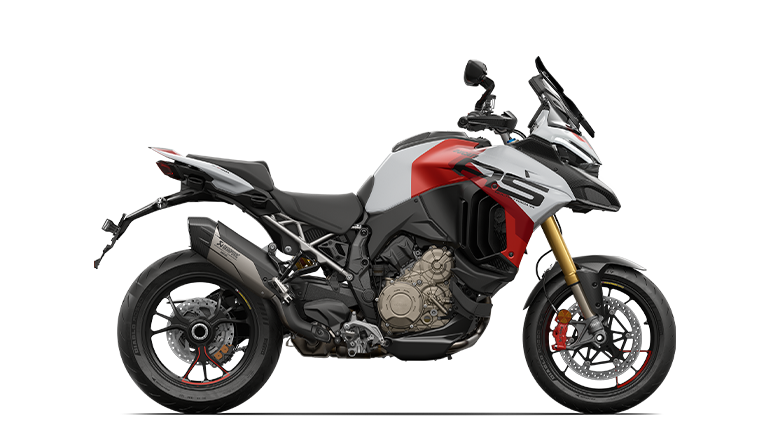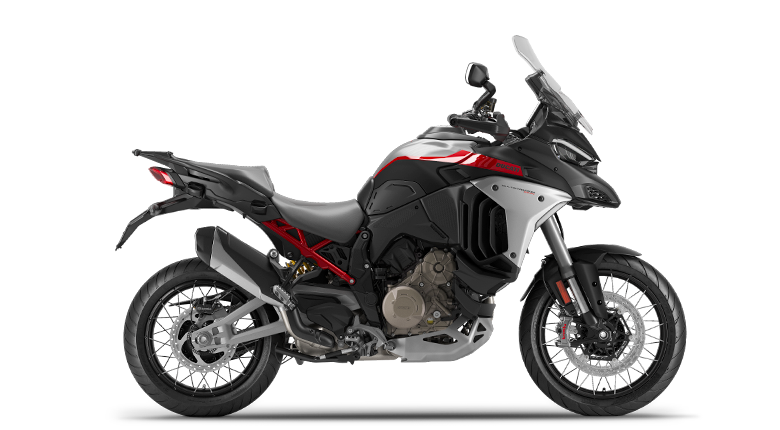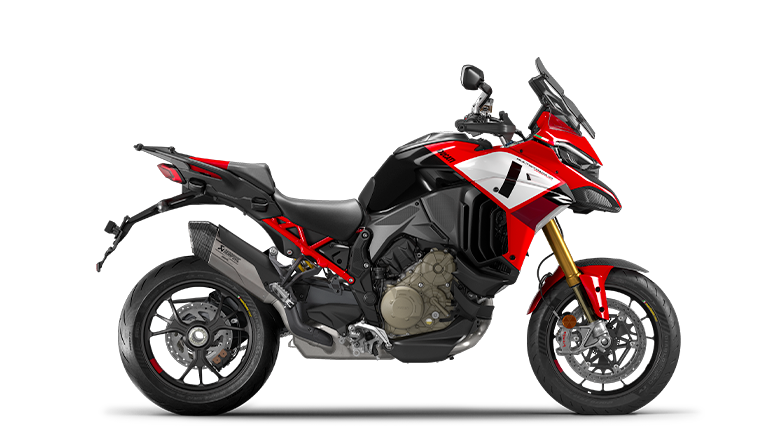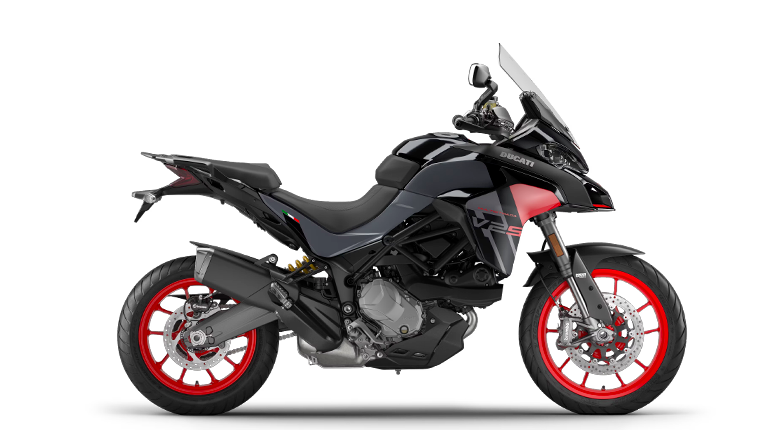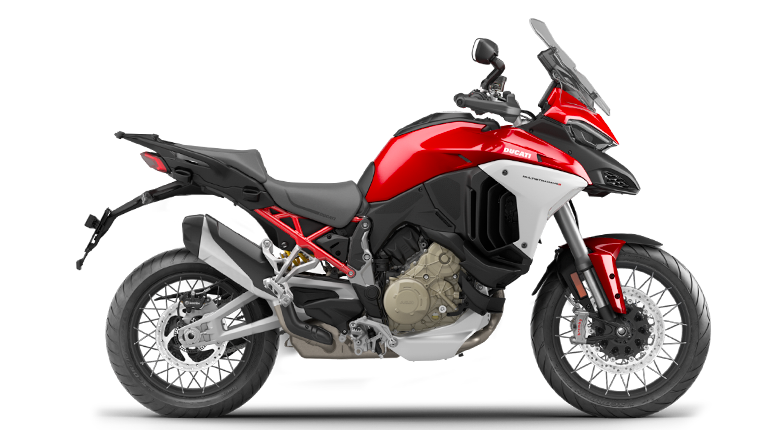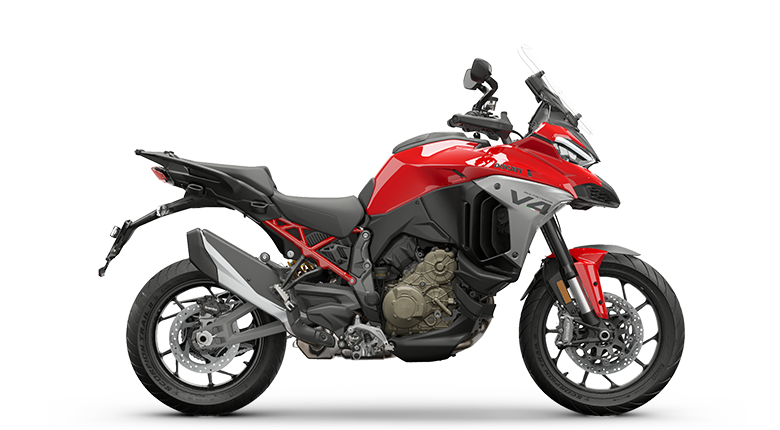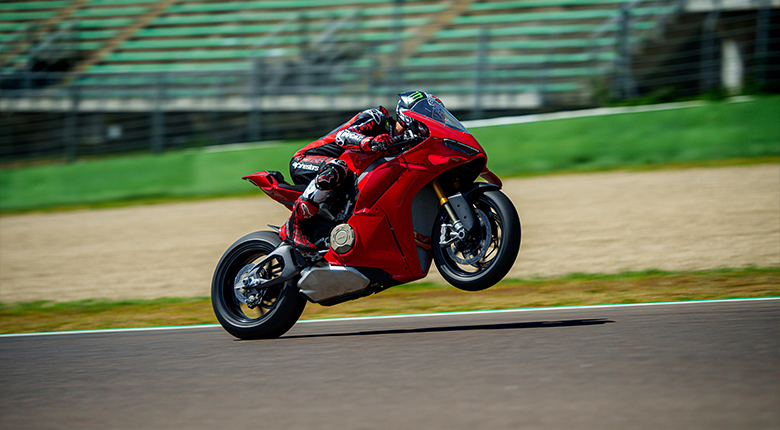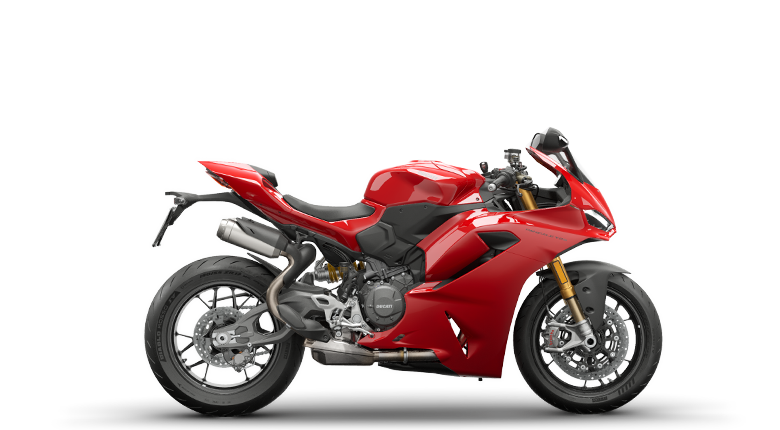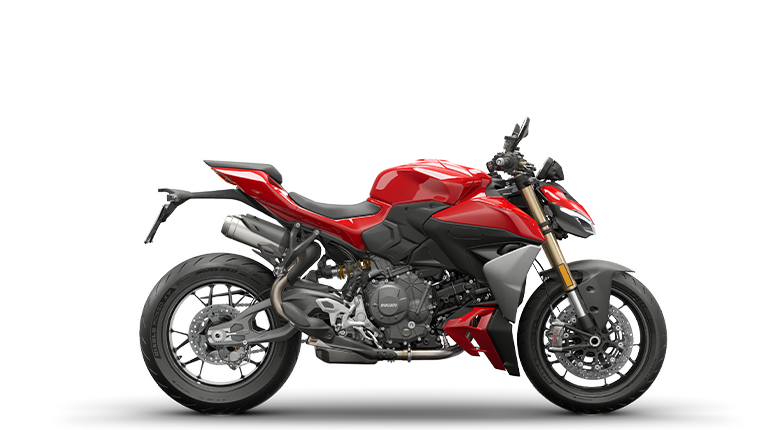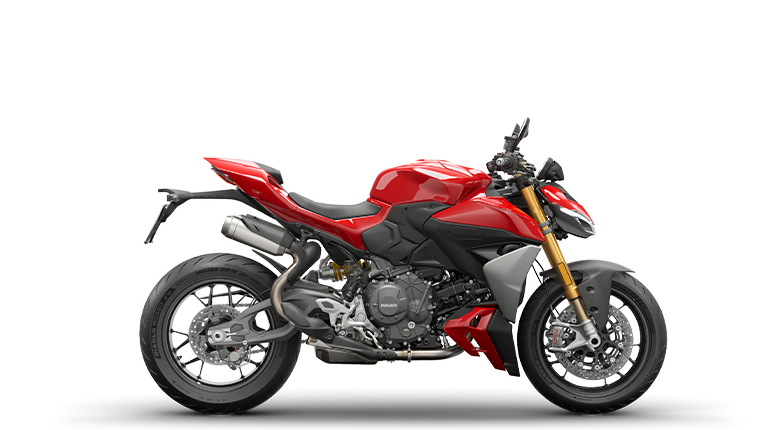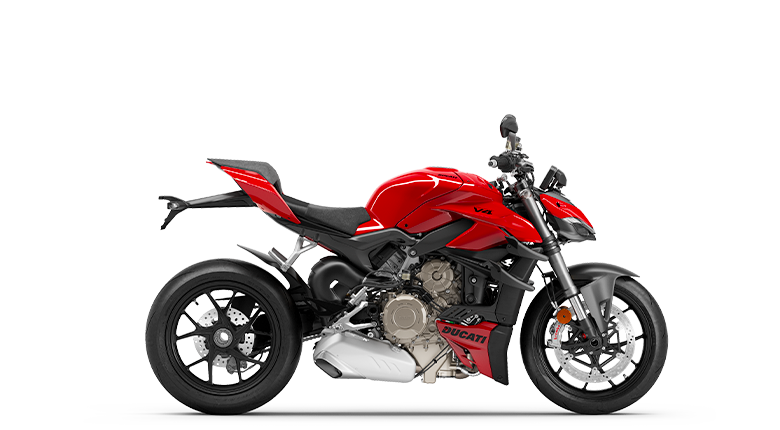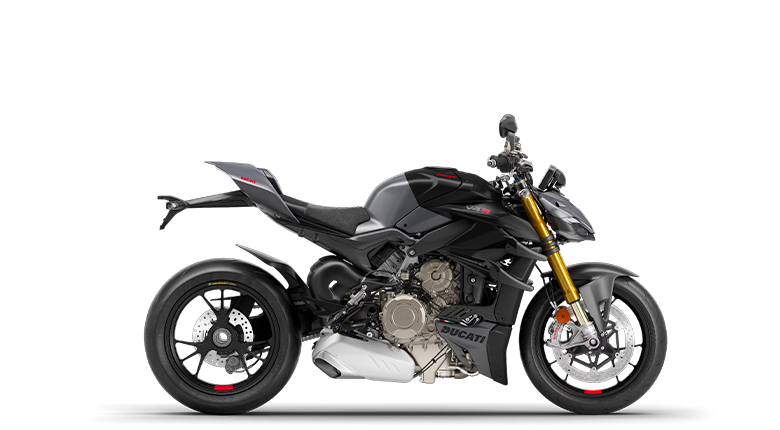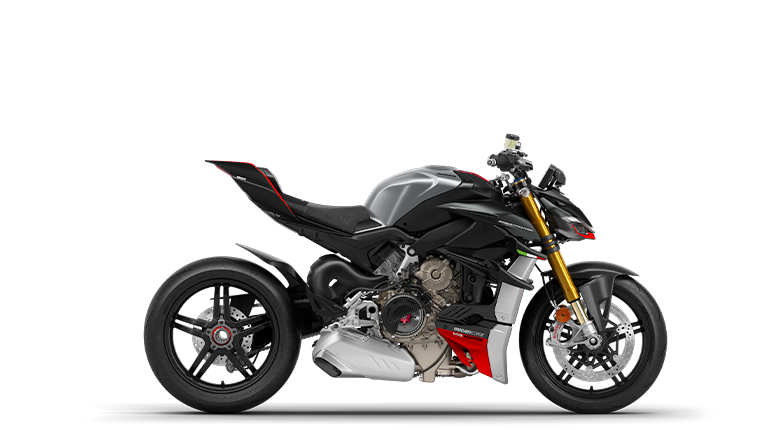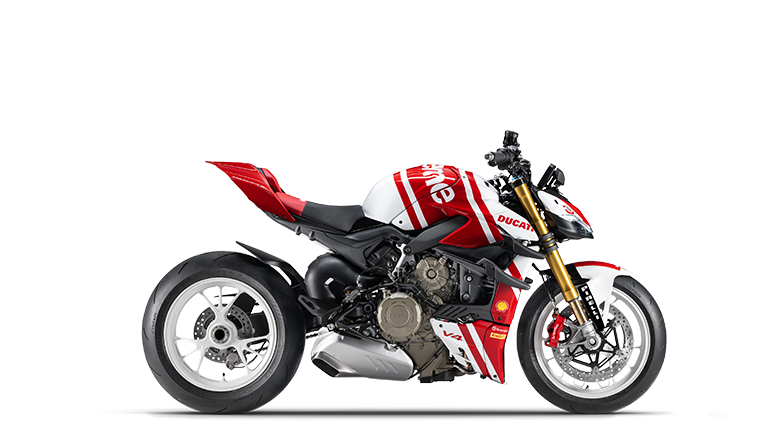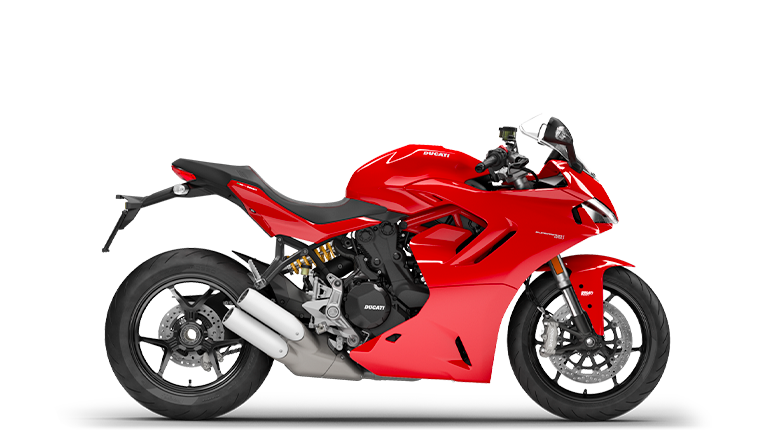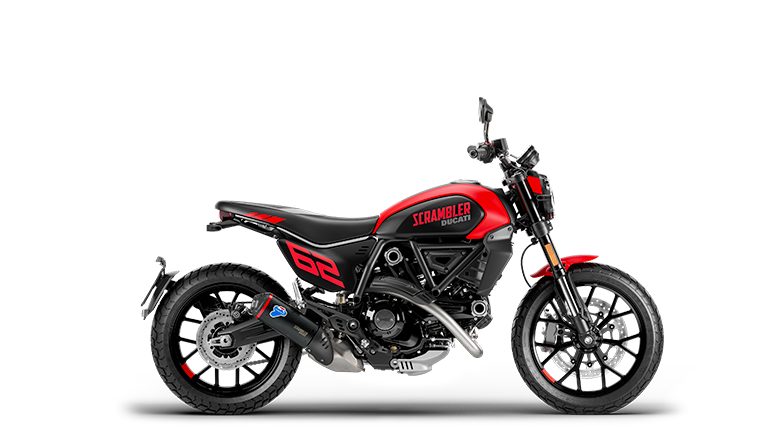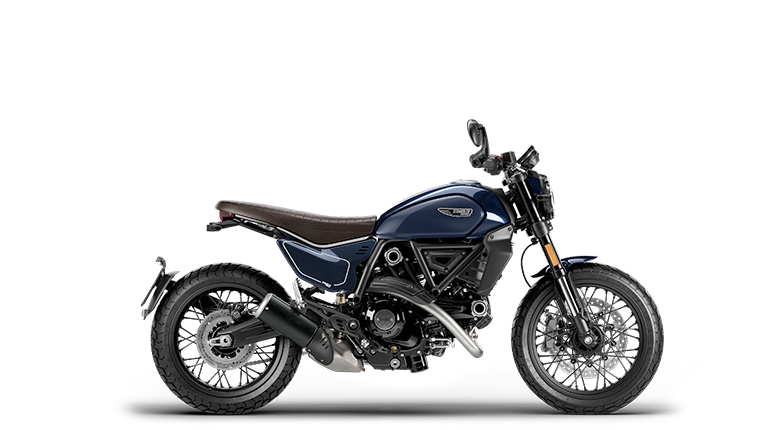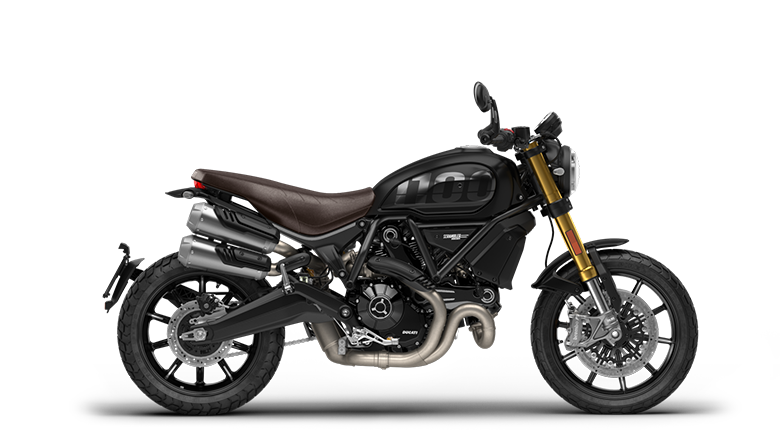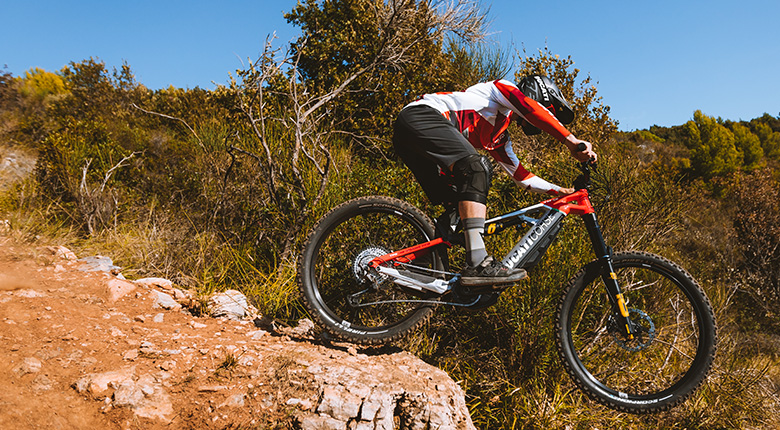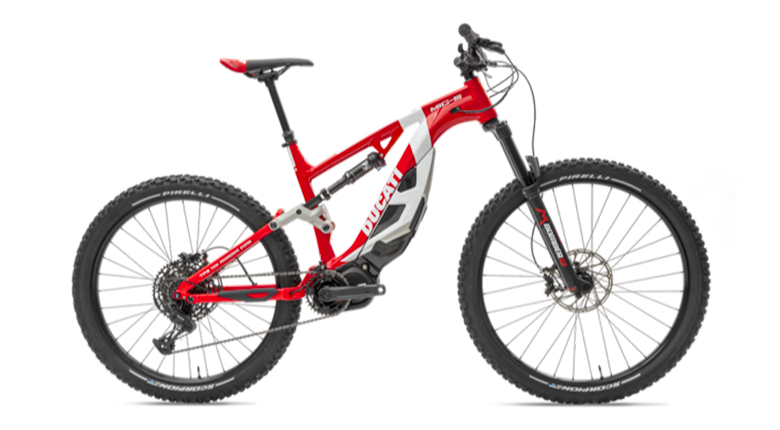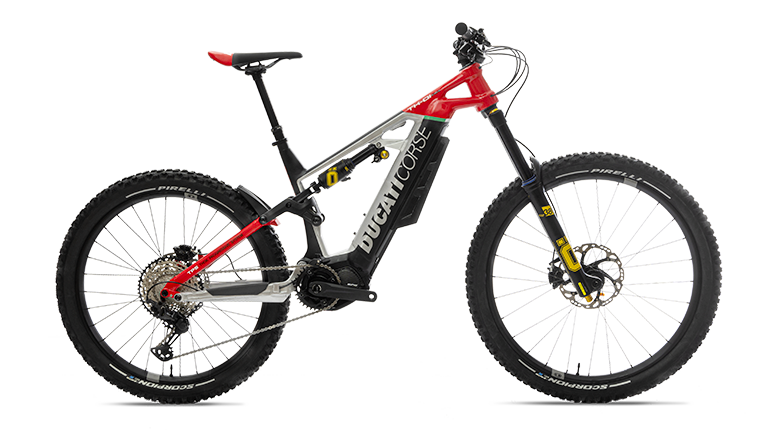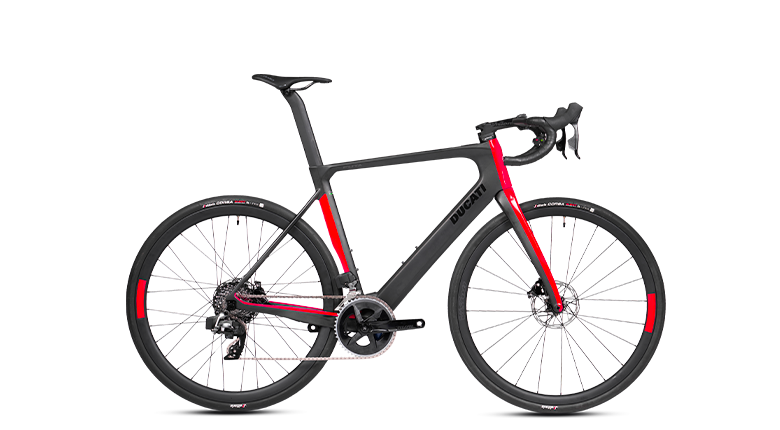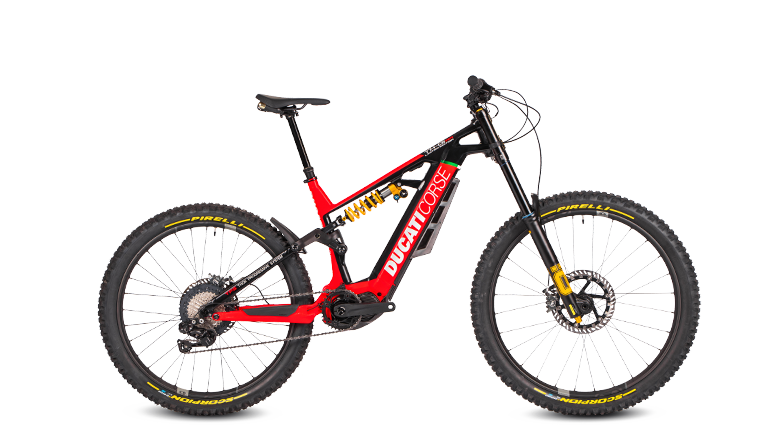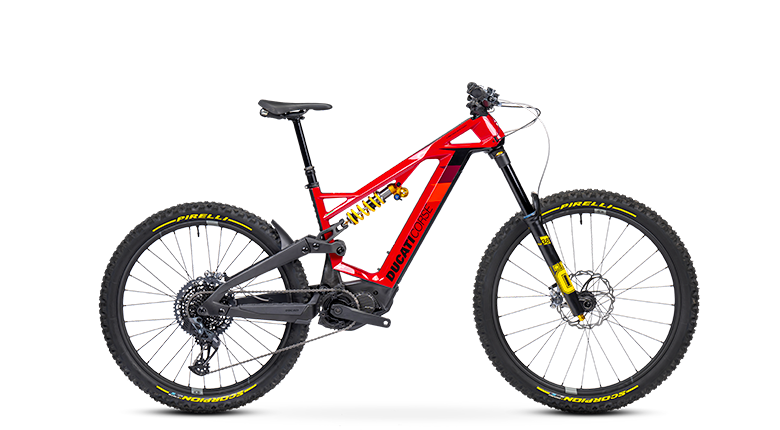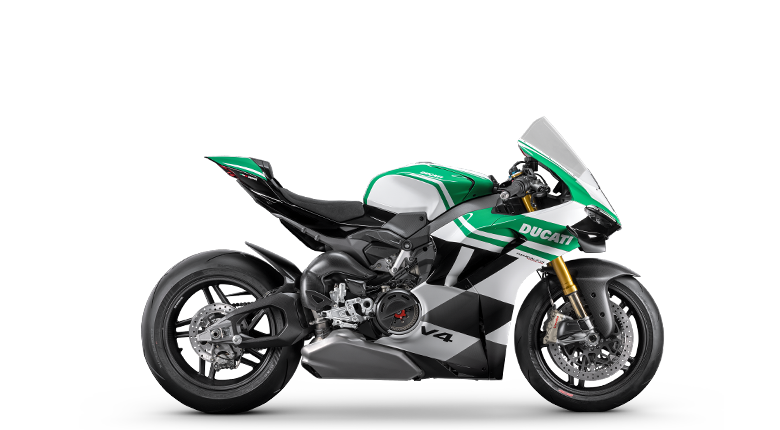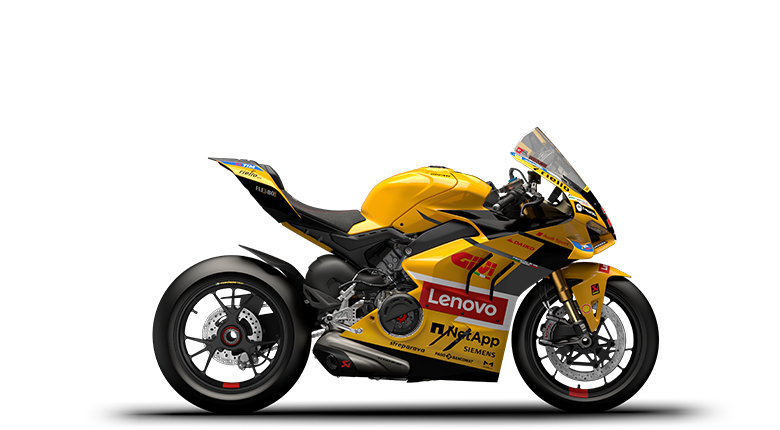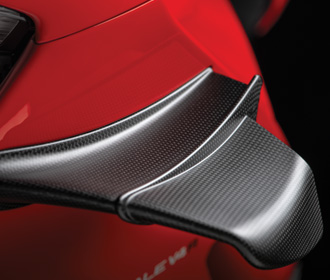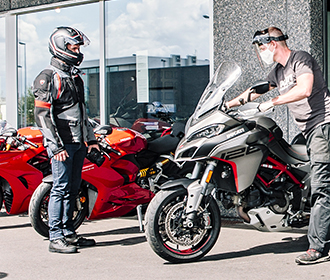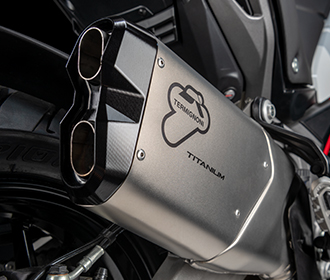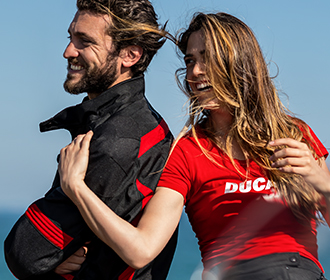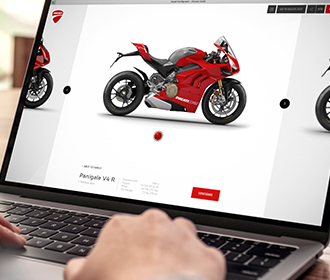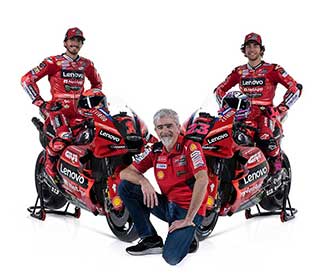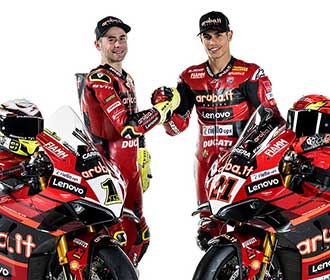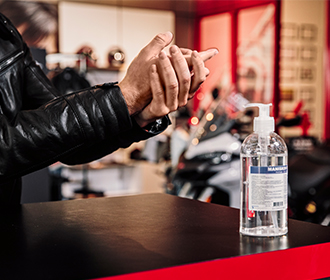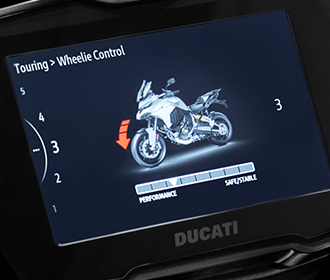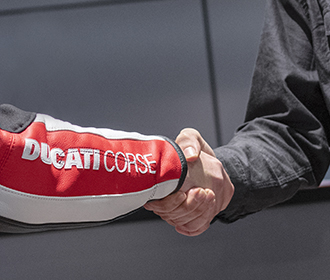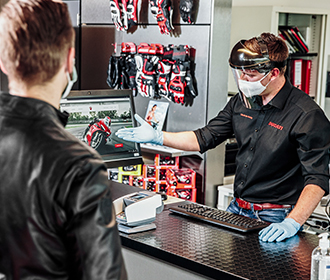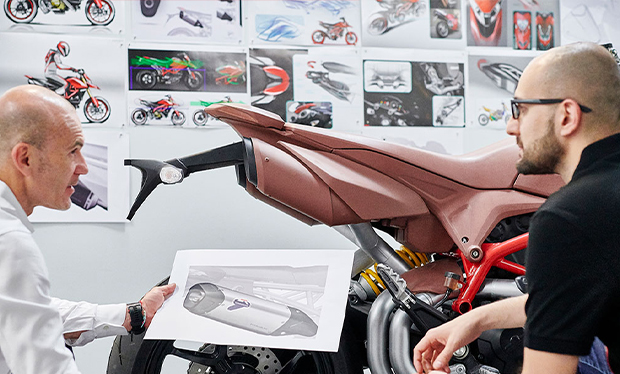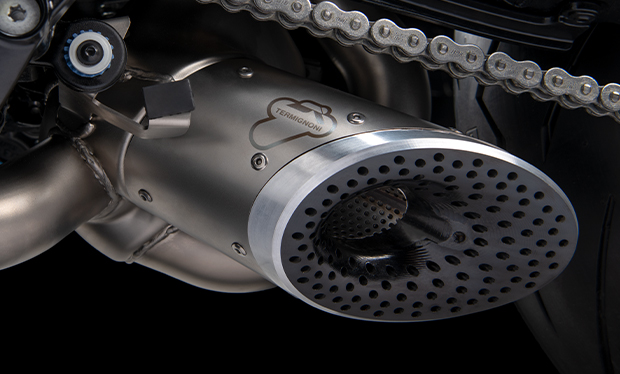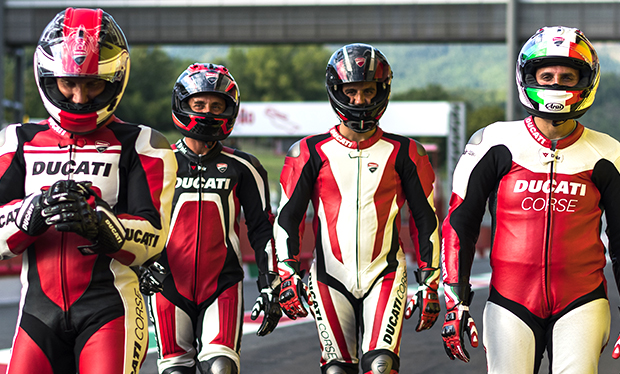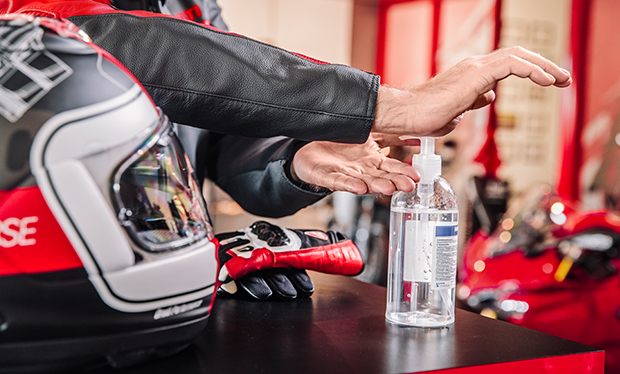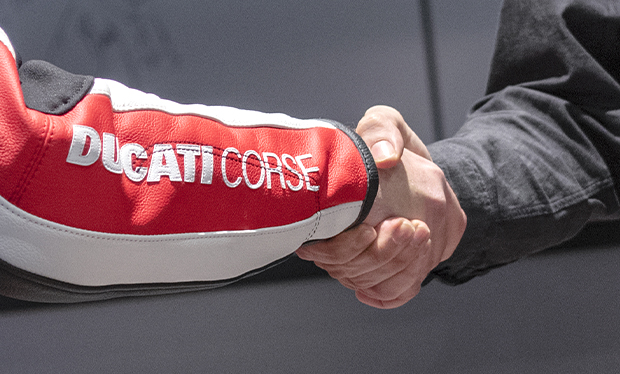- Models
- Configurator
- News
- Racing
- Dealer Locator
- DWP 2025
- Current Offers
- Racing
-
Models
-
DesertX
![]()
-
Diavel
![]()
- Diavel V4
- Diavel Bentley
Diavel -
Monster
![]()
-
XDiavel
![]()
- new XDiavel V4
XDiavel -
Hypermotard
![]()
- Overview
- 698 Mono RVE
- 698 Mono
- 950
- 950 SP
Hypermotard -
Multistrada
![]()
- Overview
- new V2 MY25
- new V2 S
- V4 RS
-
V4 Rally
![]() Multistrada V4 Rally
Multistrada V4 Rally- 170 hp Power
- 89.2 lb-ft Torque
- 238 kg Wet Weight (No Fuel)
Starting From $34,495 i - V4 Pikes Peak MY24
-
V2 S MY24
![]() Multistrada V2 S MY24
Multistrada V2 S MY24- 113 hp Power
- 71 lb-ft Torque
- 220 kg Wet Weight (No Fuel)
Starting From $21,695 i - V4 S MY24
- V4
- V4 Pikes Peak MY25
Multistrada -
Panigale
![]()
-
Streetfighter
![]()
- new V4
- new V4 S
- new V2
- new V2 S
- V2 MY24
- Streetfighter V4 MY24
-
Streetfighter V4 S MY24
![]() Streetfighter V4 S MY24
Streetfighter V4 S MY24- 208 hp Power
- 90.4 lb-ft Torque
- 193 kg Wet Weight (No Fuel)
MSRP From $31,995 i - Streetfighter V4 SP2
- new V4 SUPREME®
Streetfighter -
SuperSport
![]()
-
![]()
-
Desmo450 MX
![]()
-
new
Desmo450 MX
![]() Desmo450 MX
Desmo450 MX- 63.5 hp @ 9,400 rpm Power
- 39.5 lb-ft @ 7,500 rpm Torque
- 104.8 kg Wet Weight (no fuel)
$14,495 i
Desmo450 MX -
new
Desmo450 MX
-
E-BIKES
![]()
-
Limited Series
![]()
-
new
Panigale V4 Lamborghini
![]() V4 Lamborghini
V4 Lamborghini- 209 hp @ 12,750rpm Power
- 89.5 lb ft @ 11,250rpm Torque
- 185kg Wet weight (no fuel)
$88,800 i -
new
V4 Tricolore Italia
![]() Panigale V4 Tricolore ItaliaAn unforgettable day. To be re-lived forever.
Panigale V4 Tricolore ItaliaAn unforgettable day. To be re-lived forever.- 209 hp Power
- 89.5 lb-ft @ 11,250 rpm Torque
- 188 kg Wet Weight (No Fuel)
$95,000 i - new V4 Tricolore
- Ducati Speciale
- Ducati Unica
Limited Series -
new
Panigale V4 Lamborghini
-
- Equipment
- Current Offers
- DWP 2026
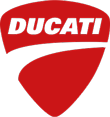
Bikes
DesertX
Diavel
XDiavel
Hypermotard
Streetfighter
Multistrada
Panigale
Off-Road
Superleggera
SuperSport
Equipment
Accessories
Collaborations
Racing
MotoGP
Superbike
Off-Road
MotoE
Ducati World
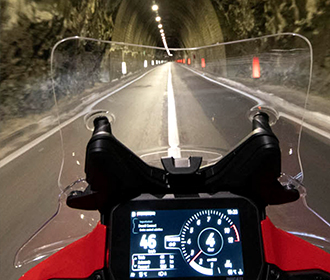
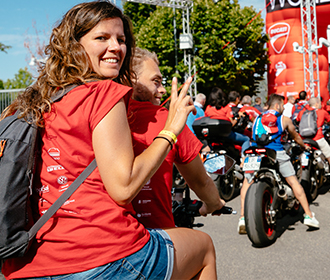
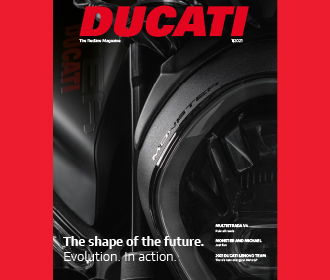
Events
Ducati Riding Academy
Press Reviews
Travel Adventures
Ducati Stories
News

News
Read the latest news stories to find out what is happening in the world of Ducati

DOC
Imagine enjoying new experiences, exploring breath-taking landscapes, participating in exclusive events. Join the Ducati family! Become a D.O.C. member!

Ducati Redline Magazine
A selection of the most exclusive content from the Ducati Redline Magazine. Download read the stories here!
Service and Maintenance
Services
Maintenance
Connectivity
Dealer network
Ducati Club
Ducati Club
Corporate
Design
Corporate
Partners
Fondazione Ducati
Borgo Panigale
Models
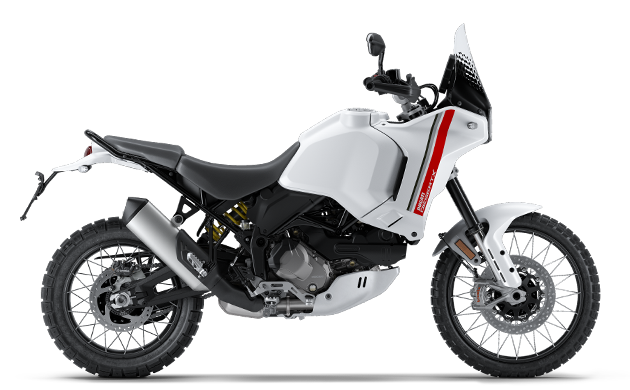
DesertX
New
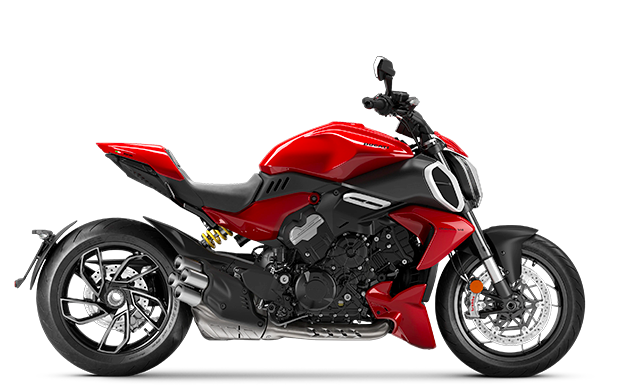
Diavel
New
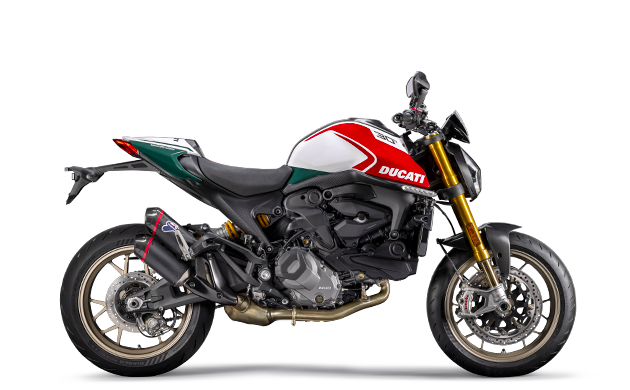
Monster
New
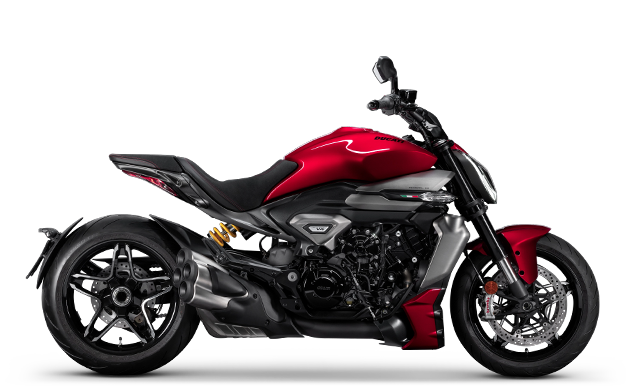
XDiavel
New
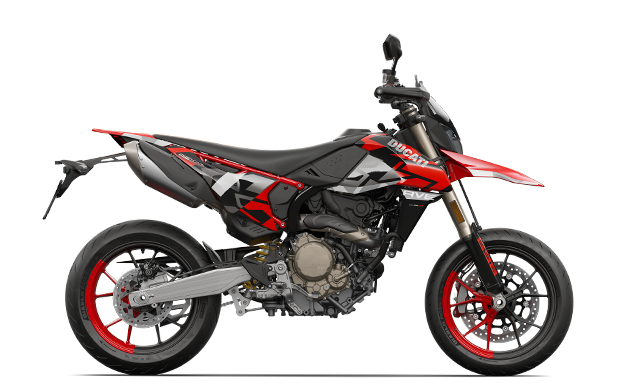
Hypermotard

Multistrada
New
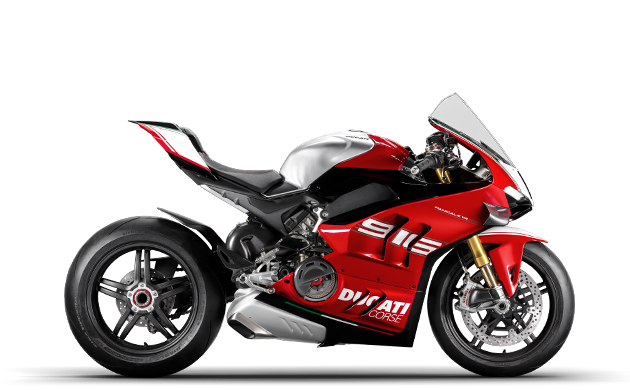
Panigale
New
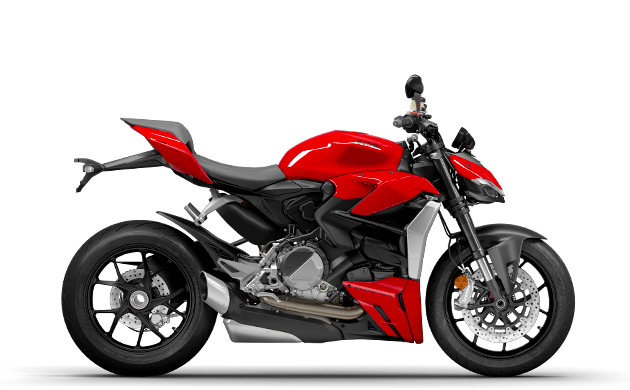
Streetfighter
New
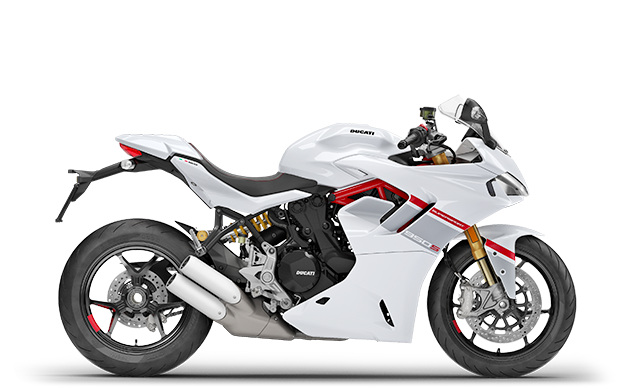
SuperSport
SCRAMBLER
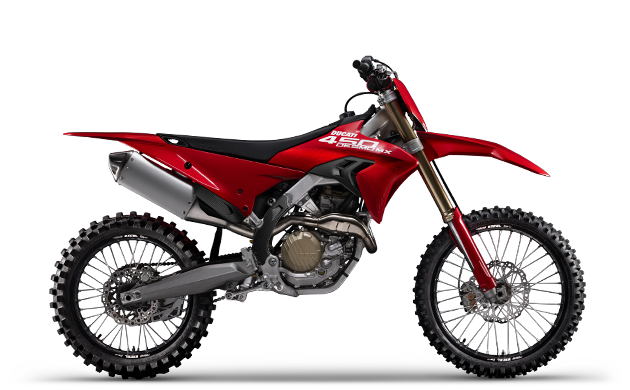
Desmo450 MX
New
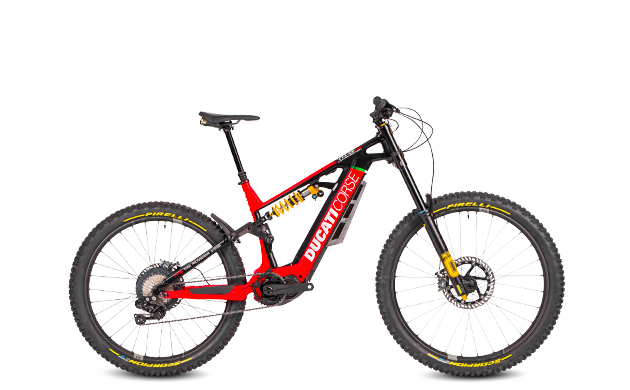
E-BIKES
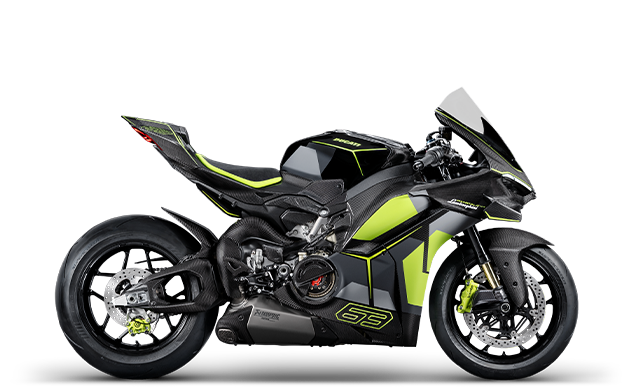
Limited Series
New
Racing
- MotoGP
- Superbike
- Off-Road
- MotoE
Racing
- MotoGP
- Superbike
- Off-Road
- MotoE
Ducati World
- Events
- Ducati Academy
- Press Reviews
- Travel Adventures
- Ducati Stories
- News
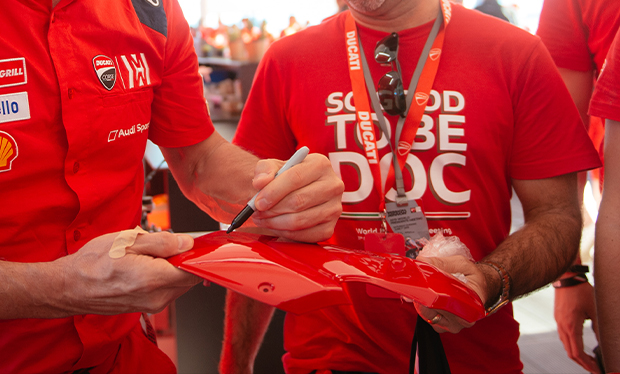
DOC
Imagine enjoying new experiences, exploring breath-taking landscapes, participating in exclusive events. Join the Ducati family! Become a D.O.C. member!
DOC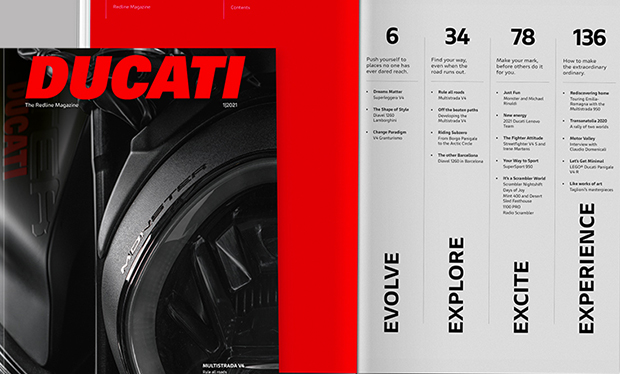
Ducati Redline Magazine
A selection of the most exclusive content from the Ducati Redline Magazine. Download read the stories here!
Ducati Redline Magazine
Equipment
- Accessories
- Apparel
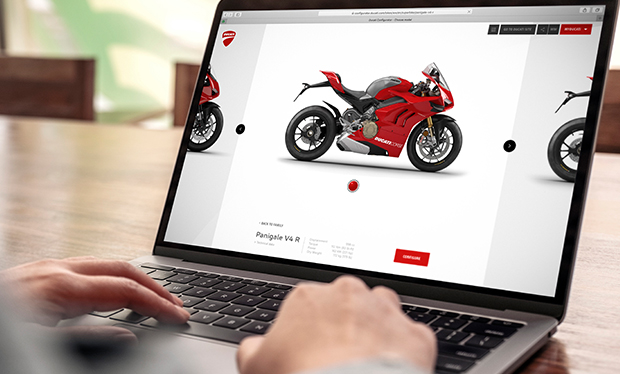
Configurator
Choose the perfect Ducati for you and have fun configuring it according to your riding style.
Configurator
Service and Maintenance
- Services
- Maintenance
- Connectivity
- Dealer network
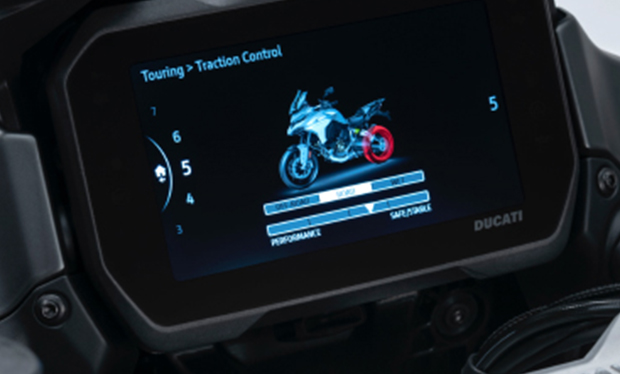
Multistrada V4 Video Tutorials
Learn how to operate the features of the Multistrada V4 through these video tutorials
Multistrada V4 Video Tutorials
Corporate
- Who We Are
- Product Innovation
- Ducati History
- Corporate
- Partners
- Fondazione Ducati
- Borgo Panigale
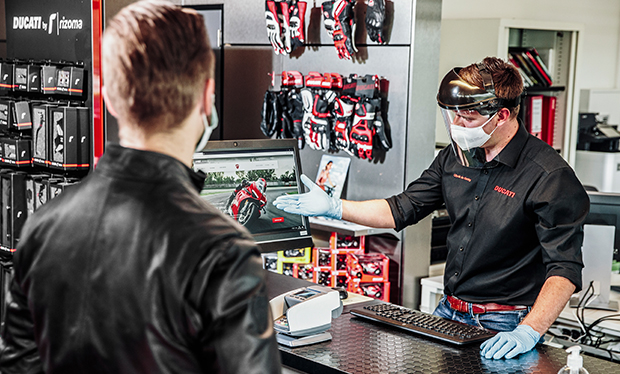
Customer Service
To make it easier for you to find your way around, we have created a list of the most frequently asked questions, divided into subject areas, along with their answers.
Customer ServiceDucati Corse: more than twenty years on tracks all over the world
Ducati's racing division develops the bikes that take part in MotoGP and Superbike competitions and the customer versions used in the national championships.
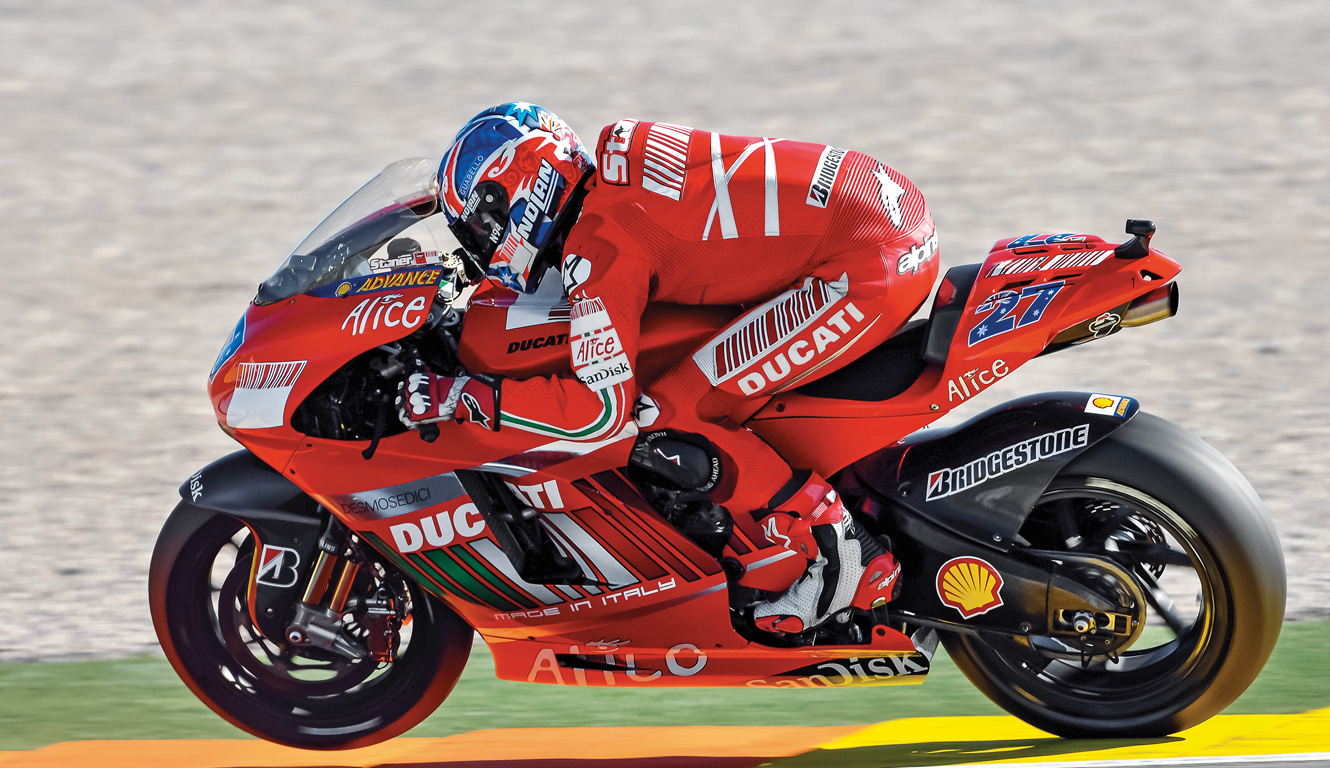
From the very beginning, as a motorcycle manufacturer Ducati has always felt the need to compete in – and win – competitions, driven by the firm belief that races are the perfect test bench for developing technologies and processes that also improve the production of standard models.
This may seem funny, but from the time of the Cucciolo, races have been organised not far from the factory in Borgo Panigale to test riders and, above all, motorcycles. A racing division has therefore always existed within Ducati, and this is demonstrated by the long list of successes achieved by the Bolognese motorcycles over the years.
For the same reason, in 1988 Ducati decided to take to the track in the SBK World Championship, allocating important resources to it, first directly and then outsourcing the management of its motorcycles to external teams. A strategic choice followed by a long list of victories and titles, so much so that from 1991 to 2013 Ducati could boast the singular record of having won more competitions than the sum of the victories of all other manufacturers. The competitiveness of the Ducati models deployed for the SBK World Championship is further demonstrated by the many customers who bought and still buy bikes from Borgo Panigale to race in national competitions and in the World Championship itself.
With a growing commitment and Ducati's return to management of the official team, in 1999 Ducati Corse was founded, a company in its own right but still part of Ducati Motor Holding. The new division enjoyed great success from the start, with Carl Fogarty winning the SBK title that very year. The 996 obviously brought the Constructors' title to Borgo Panigale, while in the British Superbike Championship (BSB) a certain Troy Bayliss earned top honours riding the 996 of the GSE team. In the Italian Superbike Championship, Paolo Casoli came out on top with the Gio.Ca.Moto team.
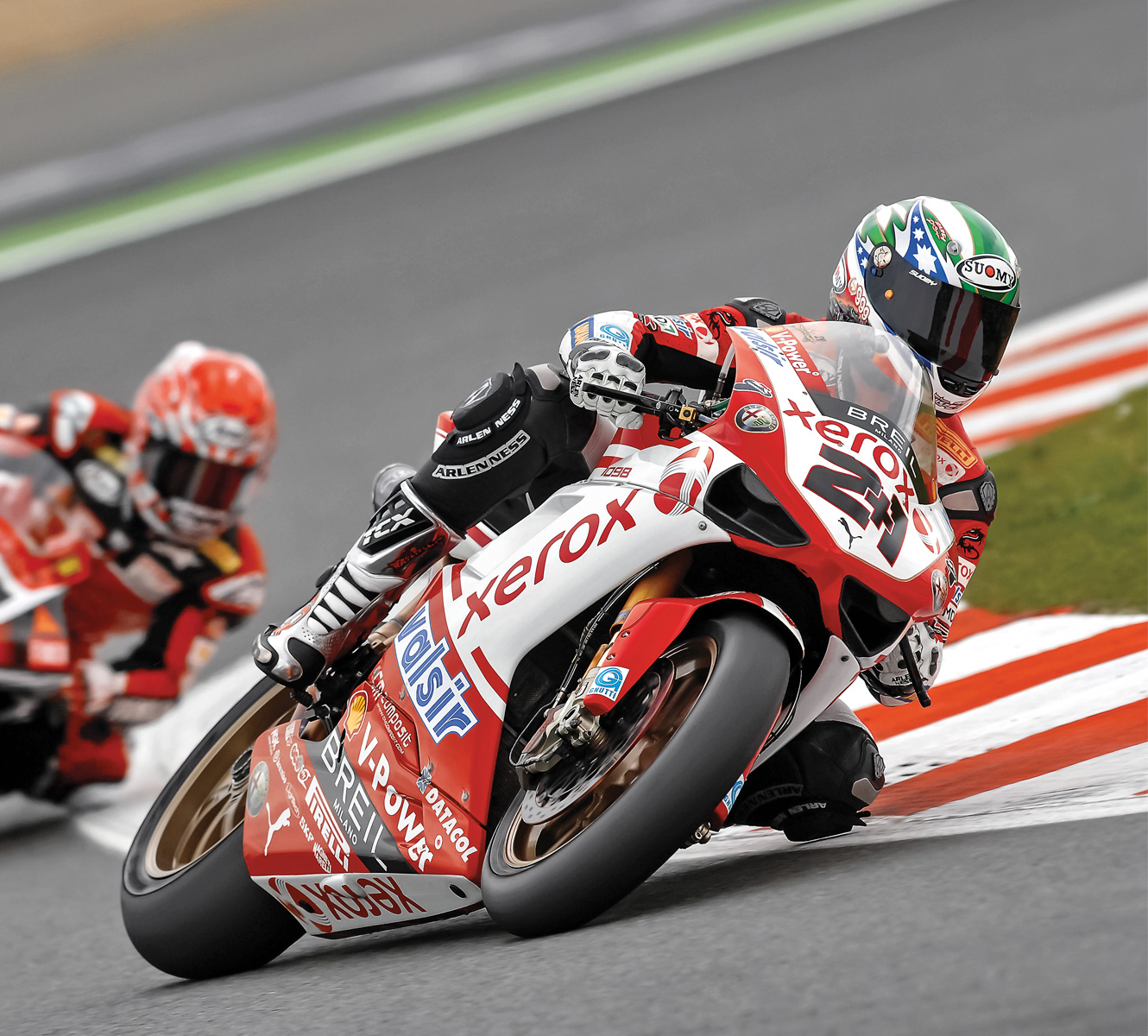
But Superbike alone wasn't enough for Ducati, which with the new millennium has become one of the leading brands on the world motorcycle scene. With the change in FIM rules and the introduction of the MotoGP class, in 2002 Ducati announced its entry into the MotoGP World Motorcycle Championship. It was probably the greatest challenge the company had ever faced, but the Ducati Corse division was ready and battle-tested. In 2003 Ducati won all the SBK races, and the company enjoyed a historic début in MotoGP. Capirossi reached the podium in his début race at Suzuka after having led for the first laps, and the first success followed shortly thereafter. After only six races, in Barcelona Loris leapt to the front and defended his lead all the way to the chequered flag.
In the meantime Ducati changed ownership from TPG Group to Investindustrial in 2006, and Ducati Corse became a division of Ducati Motor Holding. Shortly after this change, Casey Stoner and the Desmosedici GP7 earned legendary status by winning the 2007 MotoGP world title.
Today Ducati Corse can count on the work of about 100 people who are involved in Ducati's races, the company having joined the Audi-Volkswagen Group in 2012. More than twenty years after its founding, the Corse Division continues its work on two fronts and remains unmatched by its rivals: just consider that for some years Ducati has been the manufacturer with the most bikes racing in MotoGP. For Superbike the development of motorcycles used by the official team and by customer teams continues, without forgetting the national championships where the number of teams riding Ducati motorcycles is constantly growing.
 Canada
Canada
 DesertX
DesertX Diavel
Diavel Monster
Monster XDiavel
XDiavel Hypermotard
Hypermotard
 Multistrada
Multistrada Panigale
Panigale Streetfighter
Streetfighter  SuperSport
SuperSport
 Desmo450 MX
Desmo450 MX E-BIKES
E-BIKES
 Limited Series
Limited Series